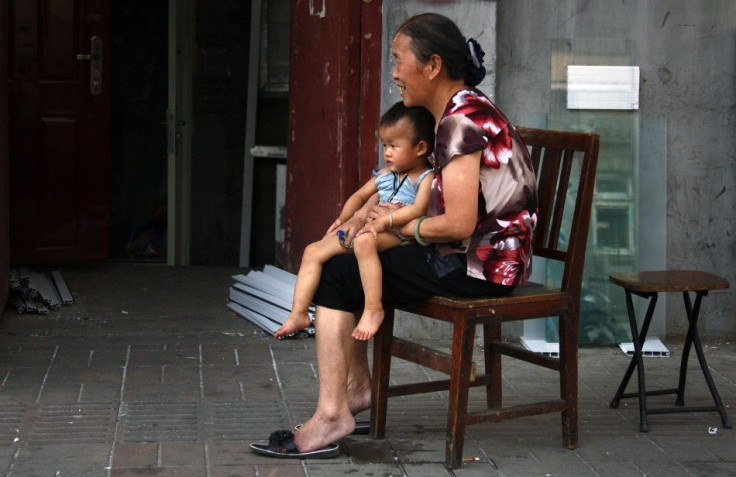World Population Will Explode in Developing Nations, Remain Flat in Developed Nations: Report

The global population will likely exceed seven billion in 2011 and is expected to exceed nine billion by 2050. By 2100, it will reach 10 billion, said a Harvard School of Public Health press release about an article published in Science magazine. The report also said that global population growth will be highly uneven geographically.
In developed countries like Japan and Germany, the population is expected to remain the same or decline. These two countries will likely faces a crisis as the population ages and there are not enough adults to care for the elderly. The entire developed world is expected to see a mere three percent increase in global growth by 2050.
Contrastingly, developing countries, especially in Africa, will see an explosion in population growth. Africa's population is expected to increase by 1.1 billion, 49 percent of expected global growth by 2050. Food, water, and housing shortages will arise, Professor of economics and demography at Harvard University David Bloom said.
There will, however, be sufficient natural resources needed to keep up with the rapidly increasing population. Agricultural scientists maintain there that there will be enough arable land to sustain a dramatic increase in the earth's population.
Despite this, developing nations will continue to suffer due to lack of technological advances, poor management of resources, corruption, and other factors.
Bloom said that we will need to "tackle some tough issues ranging from the unmet need for contraception among hundreds of millions of women and the huge knowledge-action gaps we see in the area of child survival, to the reform of retirement policy and the development of global immigration policy," reported TG Daily.
© Copyright IBTimes 2025. All rights reserved.





















